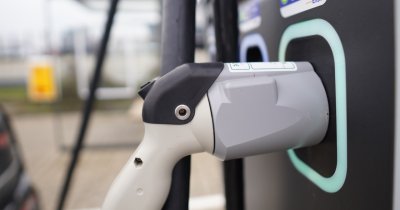According to Euronews.green, scientists discovered several types of polymers and rubber in the cloud water surrounding Mount Fuji and Mount Ōyama in Japan.
Fragments of plastic around 5 mm or the size of a sesame seed have been found in Earth's farthest ecosystems deep within our body, such as the bloodstream and the lungs.
Scientist who conducted the study in Japan said that "to the best of our knowledge, this study is the first to detect airborne microplastics in cloud water in both the free troposphere and atmospheric boundary layer."
They collected could water near the tipping points of both mountains and to examine the water, advanced imaging techniques were used to determine which kinds of microplastics were discovered there.
Researchers discovered nine types of polymers and one kind of rubber in the samples and say that in a single liter of water, they found as many as 14 pieces of plastic. Despite being hydrophobic by default, plastics become hydrophilic once they get into contact with ultraviolet light.
"Overall, our findings suggest that high-altitude microplastics could influence cloud formation and, in turn, might modify the climate," the scientists wrote.
"If the issue of 'plastic air pollution' is not addressed proactively, climate change and ecological risks may become a reality, causing irreversible and serious environmental damage in the future", they added.
 Mihai - Cristian Ioniță
Mihai - Cristian Ioniță












Any thoughts?